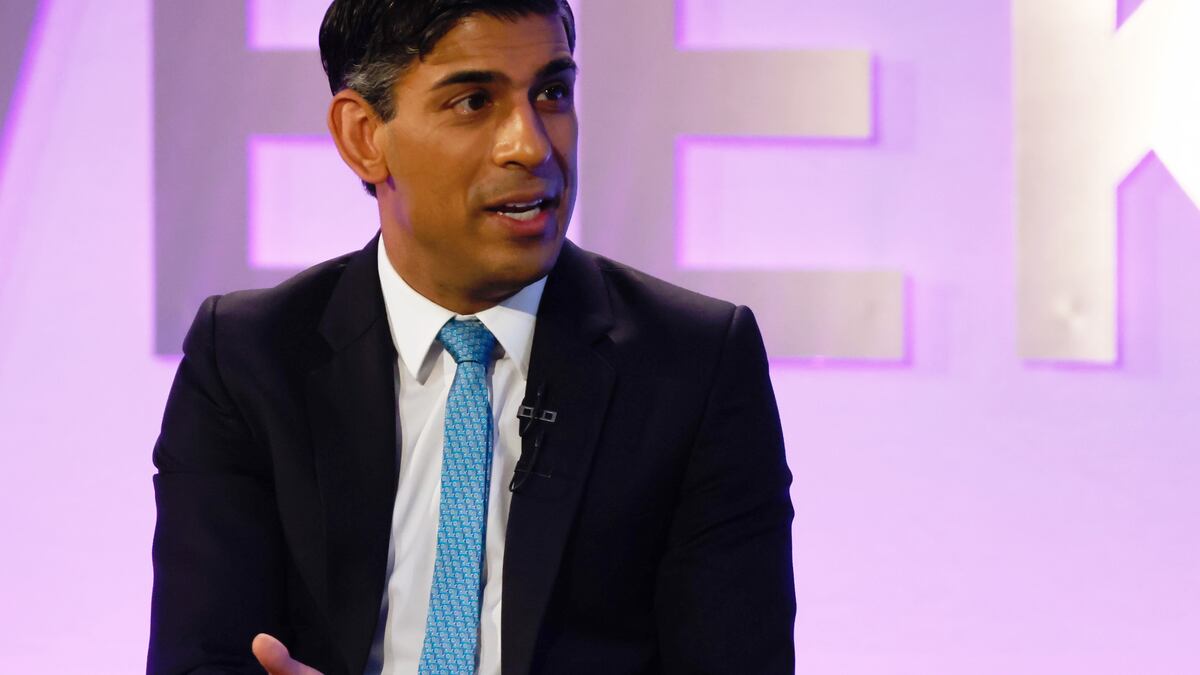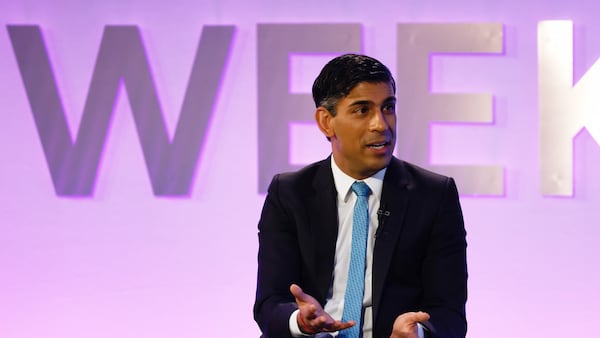- Prime Minister Rishi Sunak’s ambitions to establish the UK as a crypto hotbed hinge on a few key dates in 2024.
- This year may see the government’s comprehensive framework for digital assets completed.
- Other regulatory initiatives will impact crypto investors, exchanges, issuers, and banks looking to dabble in tokenised securities.
Prime Minister Rishi Sunak’s plans to mould the UK into a crypto centre rely on the outcome of several key dates in 2024.
Next year, his government’s plans to provide clarity for crypto firms will encounter milestones — including deadlines to comply with marketing rules and for input on new stablecoin rules.
Most importantly, 2024 will see the government kick off its phased plan to pull crypto issuers, exchanges, and other service providers into the same financial regulations that govern banks, following a consultation by His Majesty’s Treasury in 2023.
“Regulatory wheels are already in motion, and next year we’ll see consultations and proposals materialise into credible operational frameworks,” Ripple policy director Andrew Whitworth said.
“Secondary legislation will create proportionate guidance that will drive crypto asset and stablecoin adoption and utility,” he added.
Sunak’s ambitions may also get a boost when the Financial Conduct Authority, the Bank of England and the Treasury launch their second digital sandbox that will trial new ways to handle digital securities.
The outcomes of what the regulatory wheels churn out are crucial to determine the prime minister’s ability to fulfil a 2022 pledge “to make the UK a global hub for crypto asset technology,” made when he was finance minister.
So what are the key dates for regulation in the UK in 2024?
HM Treasury proposal
In 2024, industry observers expect to see the government’s historic roll-out of its finalised rules for the crypto industry, plus rules for stablecoins.
These rules will bring key activities — including crypto issuance, exchange, investment, custody, and lending — under the Financial Services and Markets Act, the same legal framework that covers investment banking and insurance.
“In 2024, we’ll see defined regulation take shape, protecting the millions of investors that actively participate in the digital asset market, as well as an influx of the crypto-curious who have been hesitant to engage due to regulatory uncertainty,” Richard Mico, CEO and global head of legal, risk, and compliance at crypto infrastructure provider Banxa, told DL News.
The government’s phased approach tackles stablecoin legislation first, with the FCA slated to take over oversight of issuance and custody.
The Treasury, FCA, and Bank of England have all published blueprints for this new world. The deadline for input on those is February 6, 2024.
After that date, the FCA will write up new stablecoin rules. The Treasury said in October they would be ready “by early 2024,” though that timeline would depend on parliamentary bandwidth.
The second phase will see the Treasury’s rules for the broader consultation — covering crypto exchanges, lenders, and other service providers.
Mico said he expects to see those before Parliament for final approvals in mid-to-late 2024.
FCA promotions rules
Early January 2024 sees the final deadline for crypto firms to comply with FCA rules on marketing and advertising.
While most firms had to be ready by October 8, 2023, some FCA-registered businesses were given a grace period to ensure they were up to scratch on the rules’ more technical aspects.
But even that ends on January 8, and then the rules will be firmly in place.
And these rules are strict. Violations are a criminal offence, punishable by hefty fines — or even up to two years in prison.
Firms have had to implement technical additions to their platforms — such as risk warning pop-ups and 24-hour cooling-off periods — and those may impact crypto activity in the UK, Mico said.
Major crypto providers have complained that the rules are too technical and complex. Some — including neobank Revolut, the world’s leading exchange Binance, and payments giant PayPal — have paused their UK services in response.
Digital Sandbox
The FCA, BoE, and Treasury will launch their second digital sandbox “hopefully at the end of Q1,” according to Helen Boyd, head of capital markets at the FCA.
The launch of the sandbox follows a public consultation process begun in mid-2023.
Boyd said during an October event that the Digital Securities Sandbox “is specifically being set up to allow market infrastructure to test a new rule-set that would allow it do new things with digital securities.
“It’s a completely new way of making regulation. In the past, we’ve tended to wait for activity to come along, and then regulate — it’s here, and now these are the rules,” Boyd said.
“This is a much more iterative process, we expect it to be a learning curve.”
The FCA already runs a digital sandbox that allows software companies to test out prototypes under regulatory supervision. The DSS, however, is a different concept.
Its intention is to allow big financial firms like banks some leeway under supervision, allowing them to experiment in areas where they might push up against regulatory barriers.
The EU launched its equivalent sandbox, the Distributed Ledger Technology Pilot, in early 2023.
Got a tip on crypto regulation? Email the author at joanna@dlnews.com.







